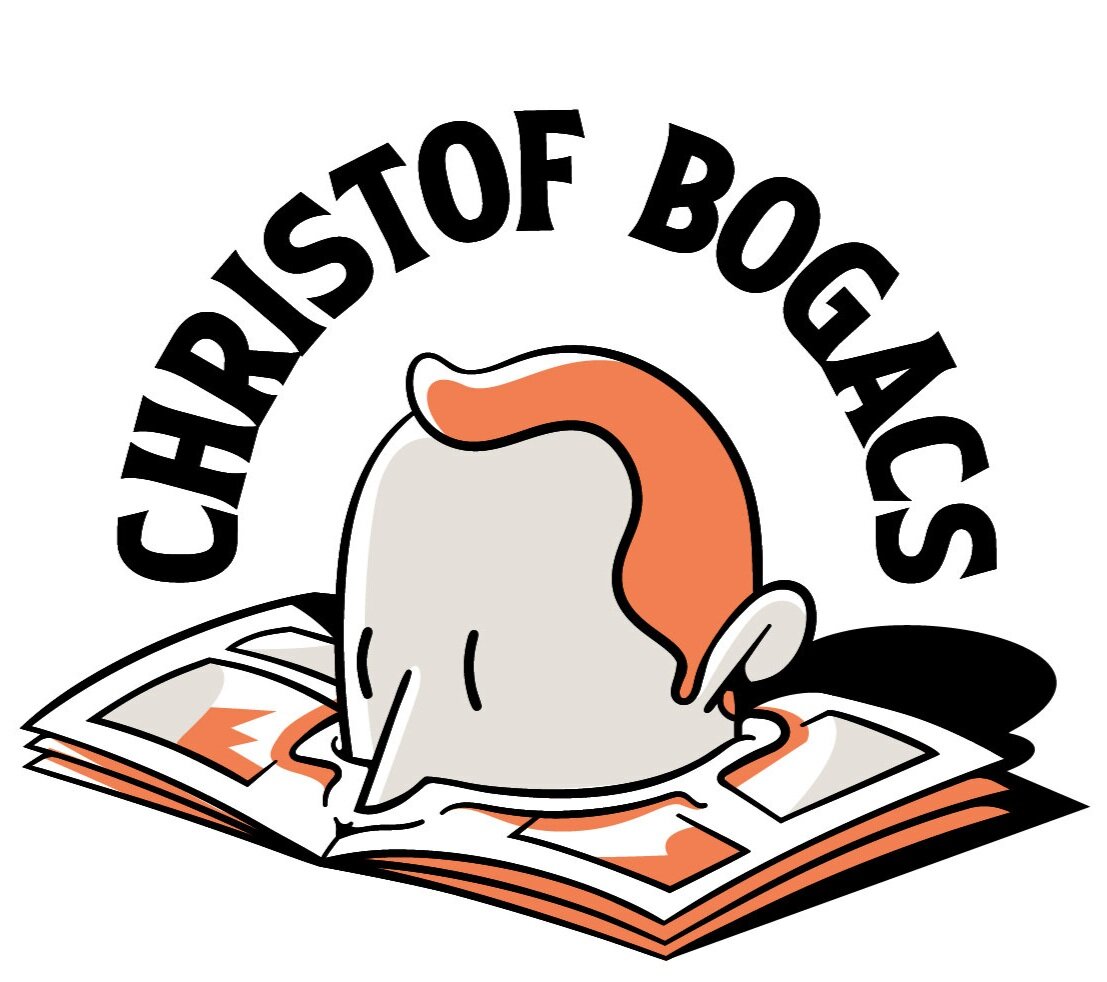Breaking into comics for writers, part 1: building a portfolio
So, you’ve figured out you want to break into comics…hell yeah!
Working in comics is incredibly creatively rewarding. Ever since I started writing comics full time I’ve never looked back.
However, getting started in any creative industry is no small task. Like you, I’ve been on the outside looking in. I know first hand just how impenetrable the comics industry can feel.
I don’t live in the US and, with a lot of luck, managed to crack the American comic book industry from my home in Sydney, Australia.
In this series of blogs I’ll go through, step-by-step, how I did. While this advice works for anyone looking to get into comics, these blogs have been created with writers in mind.
Learn from someone who has broken into comics.
For those of you who might not know me, my name is Christof. I’m an Australian comic writer working full time in the US comic industry.
My debut graphic novel Under Kingdom came out from Dark Horse last year. It was well received and was listed as one of the Best Graphic Novels of 2023 by The Mary Sue.
Recently, I had my first licensed comic Rick and Morty presents: Brawlher come out from Oni press.
When I use the term ‘breaking into comics’, I’m using it as a shorthand term for getting paid to make comics and/or having work published. The reality is getting paid for your work is one of the best ways to be able to make work consistently.
Payment could come through a publisher, crowdfunding or hand selling books at conventions. For me it’s a combination of all three.
Writing your first comic scripts
The advice I give to anyone looking to get started in comics is to make comics and get them in front of editors. However, I’ll be the first to admit this can feel quite ephemeral.
What I mean by this is to start building a portfolio of completed comics. Focus on stuff that is short, self-contained and you can be completely finished with a minimal budget.
By short, I mean short. Like 20 pages max, that said I’m personally a big advocate for 4 and 6 page comics.
The purpose of these first comics is to simply exist and, hopefully, show your peers that you can create and finish a project. A lot of people never get past this step, so by doing so you are already ahead of a significant portion of aspiring creators.
Not sure what a comic script looks like? You can download my script for Under Kingdom here.
Story structure and comics
While knowing how comics work and the comic form is important, it’s actually really beneficial to just dive in and give writing them a go. Don’t worry about researching the comic form too much in these early stages (that comes later), instead focus on telling a story from beginning to end.
This is where story structure is your best friend. Seriously, nothing will supercharge your writing output and quality quite like learning and using a story structure framework. Three act structure is a great place to start and there are countless resources on this both online and in your local library.
One of my favourite books on this topic is Writing for Emotional Impact by Karl Iglesias.
Finding an artist for your comic
Now it’s time to answer the question every new comic writer wants to know: where can I find a comis artist for my project?
To get straight to it, the Twitter comics community, Instagram and ComicBookCollabs subreddit are all places I’ve had success finding artistic collaborators. While you can post that you are looking for an artist for a project, I've had more luck reaching out directly to artists directly.
The way I do that is I say what I like about their art, tell them who I am and then tell them a little bit about the project. This includes whether it is paid or not. Believe me, getting your first comic made will be significantly easier if you have a decent budget to pay your artist.
Next steps
As you make comics, focus on getting better and try to write the types of stories that challenge you.
Keep in mind you wouldn’t expect to bake a cake once and open a bakery, or play soccer for the first time professionally. Comics are no different.
The purpose of making a short comic is to start building your skills and a portfolio. Making short comics is essentially comics University. Give yourself permission to fail, focus on skill building and have fun. With every comic focus on learning new techniques and pushing your writing skills forward.
Once you have 4 or 5 short comics (or a longer one-shot) you are really happy with, it’s time to get them in front of editors.

